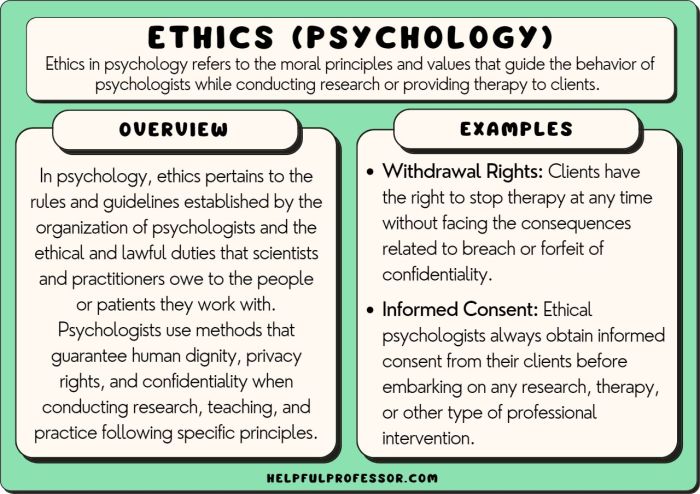It is unethical to conduct counseling over text, a practice that poses significant risks and challenges. Text-based counseling limits the therapist’s ability to assess non-verbal cues and body language, compromising the accuracy of diagnosis and treatment.
Moreover, concerns regarding confidentiality and privacy arise as text messages are susceptible to unauthorized access and breaches. This raises ethical concerns about protecting client information and maintaining trust in the therapeutic relationship.
Ethical Concerns: It Is Unethical To Conduct Counseling Over Text
Providing counseling over text poses unique ethical challenges that need careful consideration.
Non-Verbal Cues and Body Language:Text-based counseling limits the therapist’s ability to observe non-verbal cues and body language, which can provide valuable insights into a client’s emotional state and overall well-being.
Confidentiality and Privacy:The use of text messaging raises concerns about confidentiality and privacy. It is crucial to ensure that messages are secure and that clients’ personal information remains protected.
Therapeutic Effectiveness
Research has demonstrated that text-based counseling can be an effective form of therapy, comparable to traditional face-to-face counseling for certain conditions.
Evidence and Research:Studies have shown that text-based counseling can effectively address anxiety, depression, and other mental health issues. However, it may be less suitable for clients with severe mental health conditions or those who require more intensive support.
Factors for Success:The success of text-based counseling interventions depends on factors such as the client’s motivation, the therapist’s skills, and the nature of the therapeutic relationship.
Legal and Regulatory Considerations

Counselors who provide text-based counseling must adhere to legal and ethical guidelines that govern the practice of counseling.
HIPAA and Privacy Laws:The Health Insurance Portability and Accountability Act (HIPAA) and other privacy laws impose obligations on counselors to protect the confidentiality of client information, including text messages.
Legal Risks and Liabilities:Counselors who engage in text-based counseling should be aware of the potential legal risks and liabilities associated with this practice.
Training and Qualifications

Counselors who provide text-based counseling should possess specialized training and qualifications.
Necessary Training:Counselors must receive training in text-based counseling techniques, ethical considerations, and crisis management.
Ongoing Professional Development:Counselors should engage in ongoing professional development and supervision to ensure they remain up-to-date on best practices and ethical standards.
Client Suitability

Determining whether a client is suitable for text-based counseling requires careful assessment.
Factors to Consider:Counselors should consider the client’s needs, preferences, technological capabilities, and mental health condition when making this determination.
Risks and Benefits:Counselors should weigh the potential risks and benefits of text-based counseling for each client, ensuring that the client is fully informed and understands the limitations of this modality.
Query Resolution
Can text-based counseling be effective for all mental health conditions?
No, text-based counseling may not be suitable for severe mental health conditions or clients requiring immediate crisis intervention.
What are the legal implications of providing counseling over text?
Counselors must comply with HIPAA and other privacy laws to protect client information and avoid potential legal liabilities.
How can clients determine if they are suitable for text-based counseling?
Clients should assess their needs, preferences, and technological capabilities to determine if text-based counseling meets their requirements.
